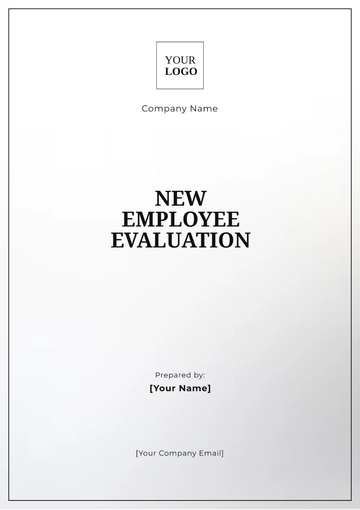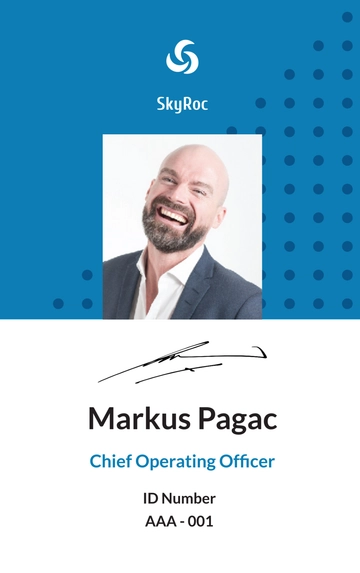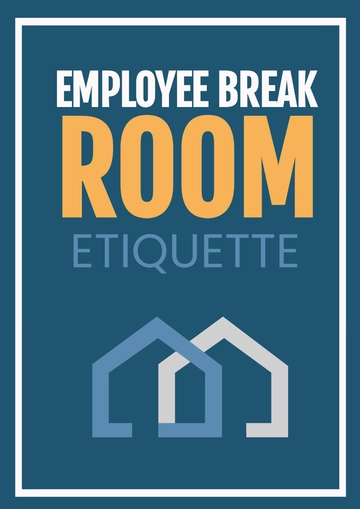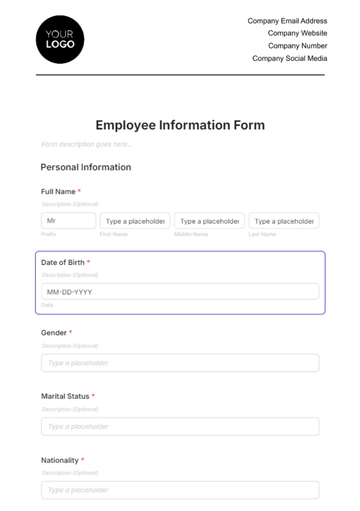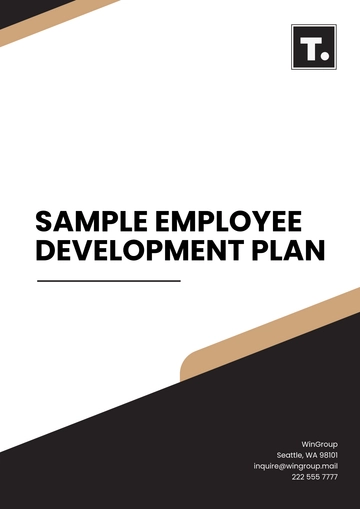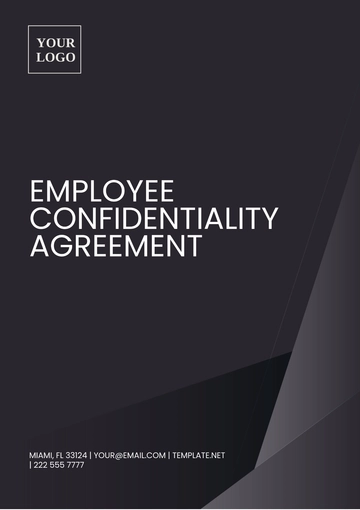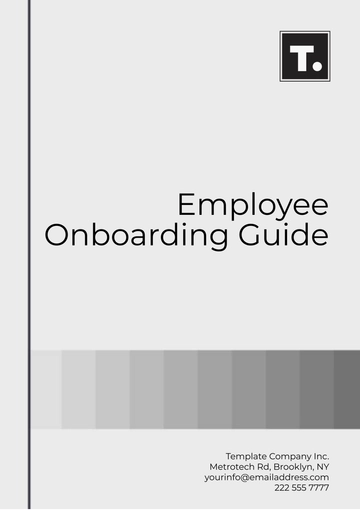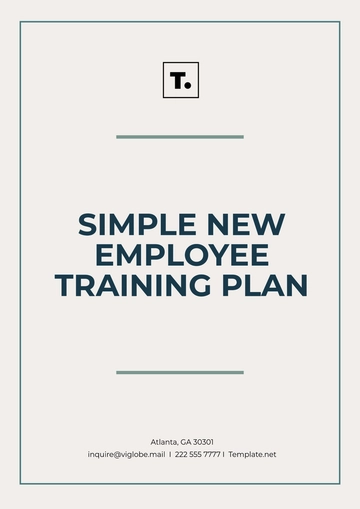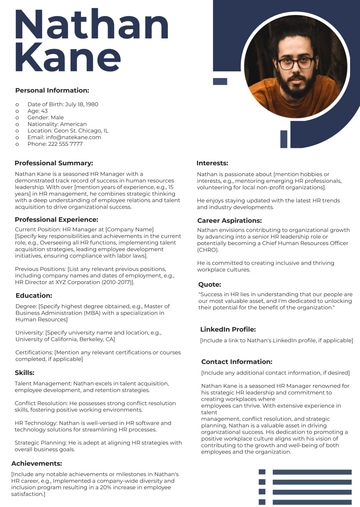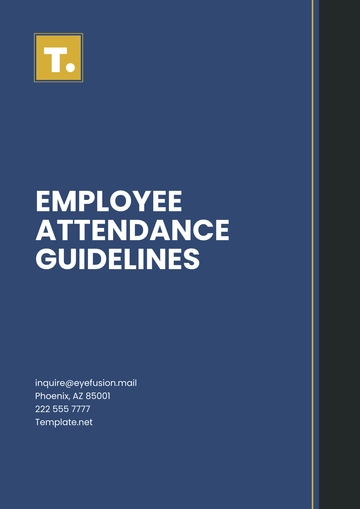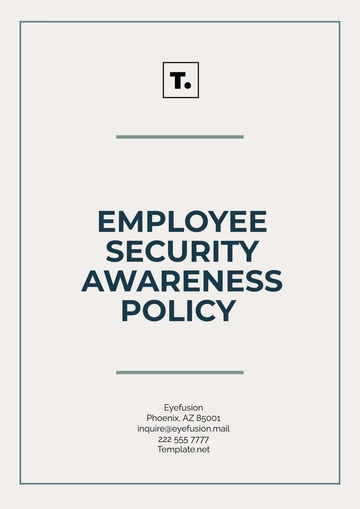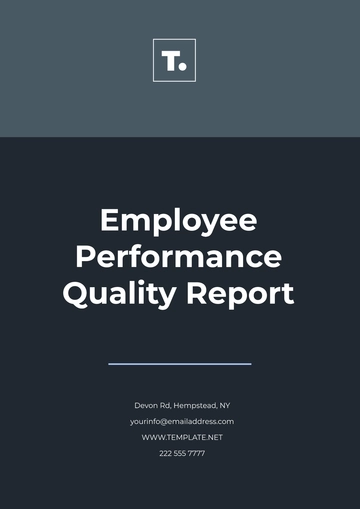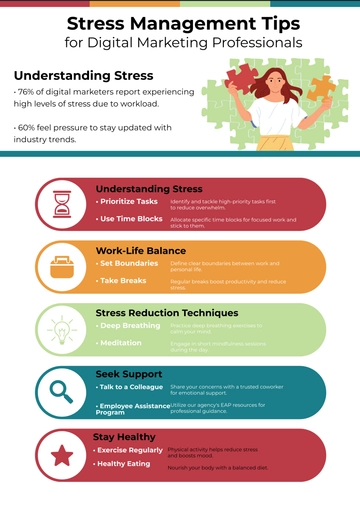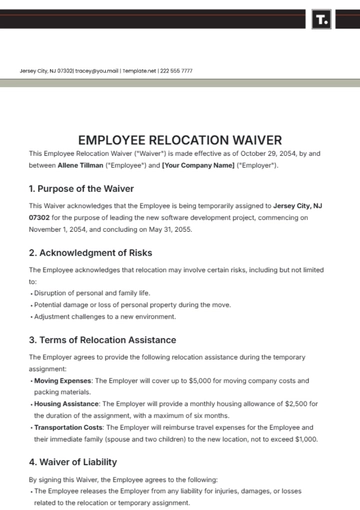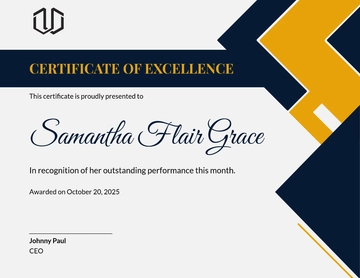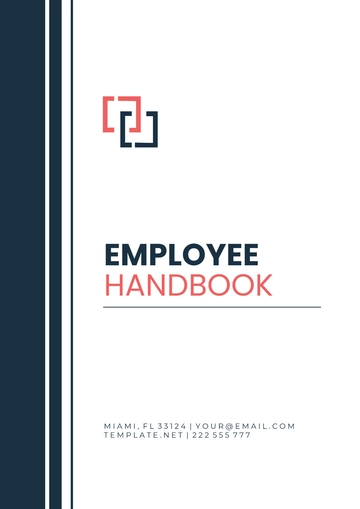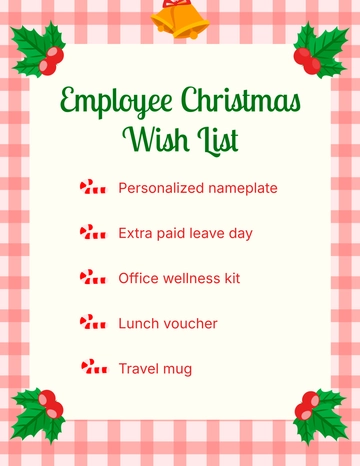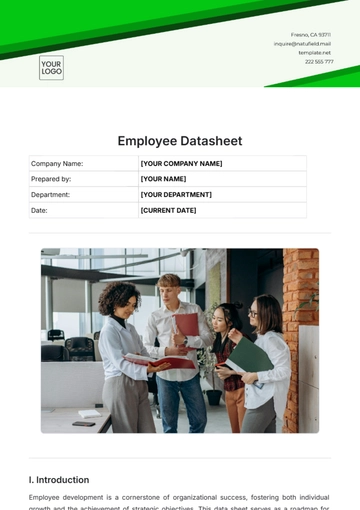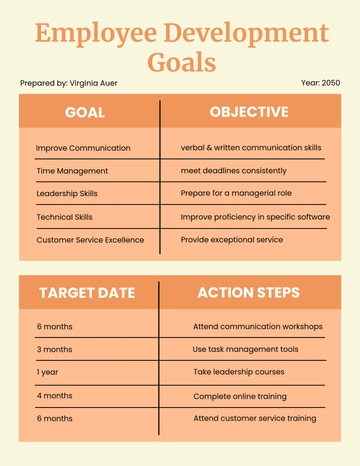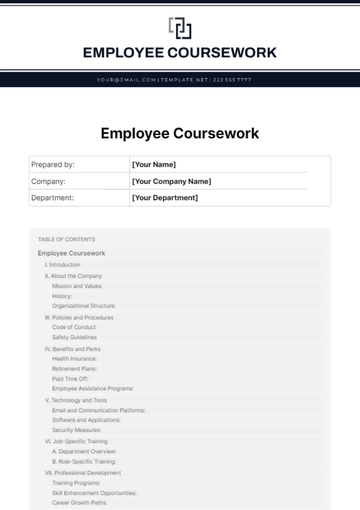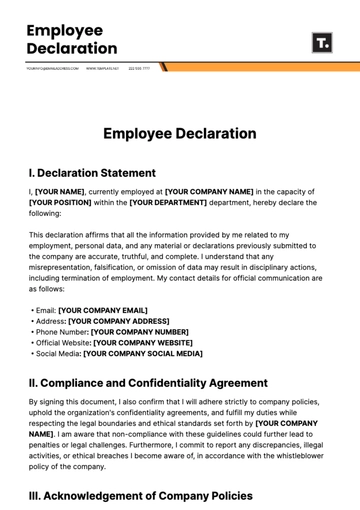Free Restaurant Employee Attendance Policy
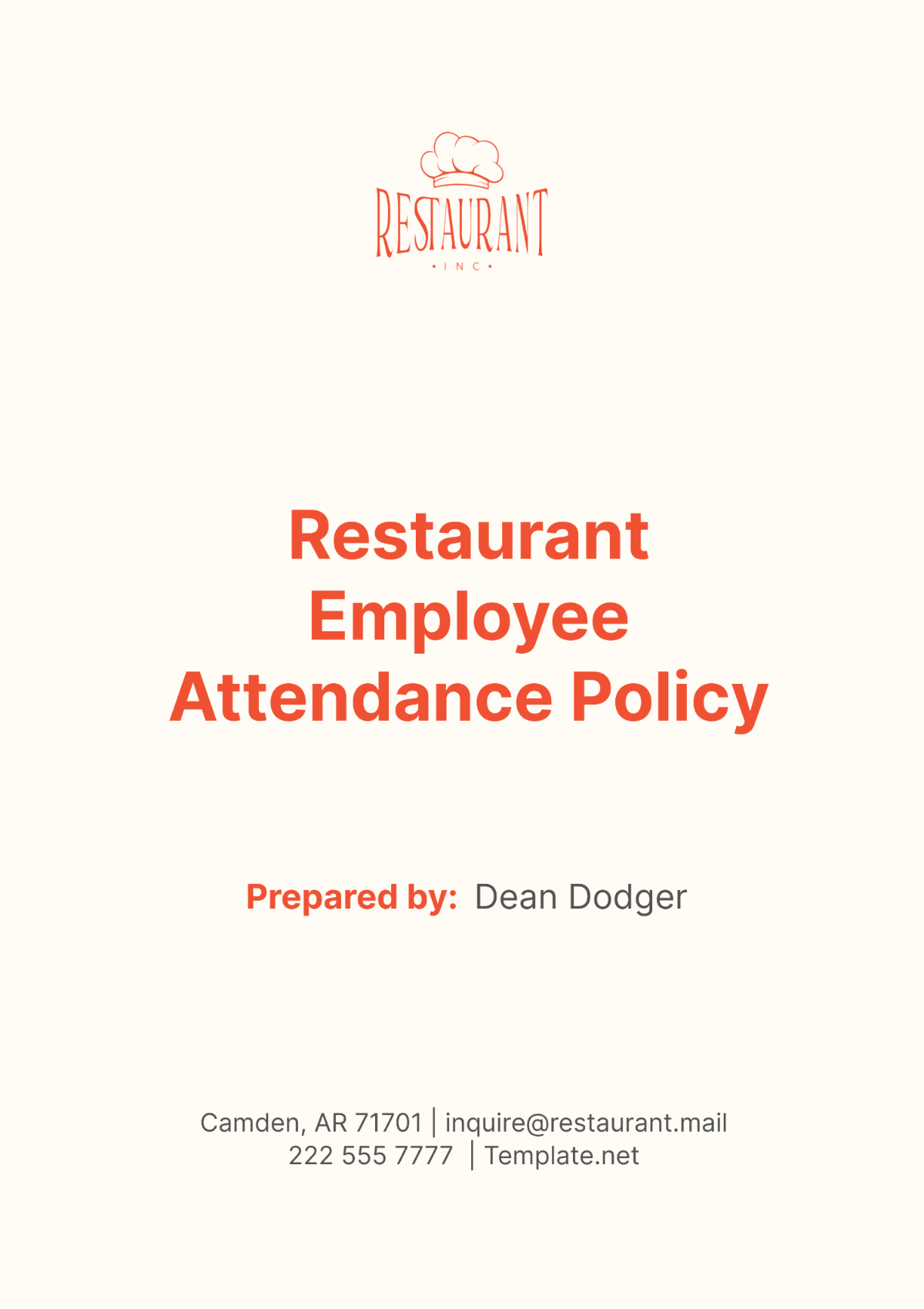
I. Introduction
We are committed to maintaining a reliable and efficient workforce to provide the highest level of service to our customers. This Attendance Policy outlines our expectations for employee attendance, punctuality, and the procedures for reporting absences and tardiness. The policy applies to all employees and aims to ensure a consistent and fair approach to managing attendance.
II. Attendance Expectations
A. General Expectations
Employees are expected to maintain regular and consistent attendance. Reliable attendance is essential to the smooth operation of our restaurant and to ensure that we meet our customers' needs. All employees are required to be present and ready to work for their scheduled shifts.
B. Punctuality Requirements
Punctuality is critical to our operations. Employees must arrive on time for their scheduled shifts and be prepared to start work immediately. Arriving late disrupts service and places additional strain on colleagues. Employees are expected to clock in no more than 5 minutes before or after their scheduled start time.
III. Work Schedules
A. Schedule Posting
Work schedules will be posted at least one week in advance. Schedules will be available in the designated area and accessible to all employees. It is each employee's responsibility to check their schedule regularly and be aware of their assigned shifts.
B. Shift Assignments
Shift assignments will be made based on the operational needs of the restaurant and the availability of employees. We strive to provide a fair and balanced distribution of shifts. Employees are expected to work their assigned shifts unless prior arrangements have been made and approved by management.
IV. Reporting Procedures
A. Reporting Absences
If an employee is unable to attend work due to illness or any other reason, they must notify their supervisor as soon as possible, and no later than two hours before the start of their scheduled shift. Notification should be made by phone call. Text messages or emails are not acceptable unless specifically permitted by the supervisor.
B. Reporting Tardiness
Employees who anticipate being late must inform their supervisor immediately, providing an estimated time of arrival. Repeated tardiness will be addressed according to our disciplinary procedures. Employees should make every effort to arrive on time to avoid disruptions to our operations.
V. Leave of Absence
A. Types of Leave
We recognize the need for employees to take time off for various reasons. Types of leave include:
Sick Leave
Vacation Leave
Personal Leave
Family and Medical Leave
Bereavement Leave
Jury Duty
Military Leave
B. Requesting Leave
Employees must submit a leave request form to their supervisor at least two weeks in advance for planned leaves, such as vacation or personal leave. For unplanned leaves, such as sick leave or bereavement leave, employees must notify their supervisor as soon as possible and provide any required documentation.
C. Approval Process
Leave requests will be reviewed by the employee’s supervisor and approved based on the operational needs of the restaurant and the availability of staff to cover the absence. Approval is not guaranteed and is at the discretion of management. Employees will be notified of the decision regarding their leave request in a timely manner.
VI. Absence Management
A. Unplanned Absences
Unplanned absences, such as sudden illness or emergencies, must be reported to a supervisor as soon as possible and no later than two hours before the start of the scheduled shift. Failure to notify within this timeframe may result in the absence being classified as unexcused. Proper documentation, such as a doctor’s note, may be required to verify the reason for the unplanned absence.
B. Excessive Absenteeism
Excessive absenteeism negatively impacts our operations and team morale. Employees who exhibit a pattern of frequent absences may be subject to disciplinary action. Management will evaluate the reasons and frequency of absences to determine appropriate measures, which may include counseling or formal warnings.
C. No-Call/No-Show Policy
A no-call/no-show occurs when an employee fails to report to work without notifying their supervisor. This behavior is unacceptable and will result in immediate disciplinary action. A first offense may result in a written warning, while repeated offenses may lead to termination of employment.
VII. Consequences of Violations
A. Disciplinary Actions
The following table outlines specific attendance violations and their corresponding disciplinary actions:
Violation | Disciplinary Action |
|---|---|
Unexcused absence | Verbal warning |
Repeated tardiness | Written warning |
Excessive absenteeism | Suspension or final written warning |
No-call/no-show | Immediate termination |
B. Progressive Discipline Process
We utilize a progressive discipline process to address attendance issues, ensuring fairness and consistency. This process includes:
Verbal warning for initial minor infractions.
Written warning for repeated offenses.
Suspension for ongoing issues.
Termination for severe or unresolved problems.
This process allows employees the opportunity to correct their behavior while maintaining operational standards.
VIII. Employee Responsibilities
A. Communication Expectations
Employees are expected to communicate promptly and effectively regarding any attendance issues. This includes notifying supervisors of absences or lateness, providing updates on return-to-work status, and discussing any personal issues that may impact attendance. Clear communication helps manage staffing and maintain service quality.
B. Documentation Requirements
Employees may be required to provide documentation to support their absences, such as medical certificates for sick leave or legal notices for jury duty. This documentation must be submitted promptly to ensure proper recording and management of leave. Failure to provide required documentation may result in the absence being classified as unexcused.
IX. Employer Responsibilities
A. Fair Scheduling Practices
We are committed to fair scheduling practices that consider both the needs of the restaurant and the well-being of our employees. Schedules will be posted in advance, and any changes will be communicated promptly. We aim to balance workload distribution and provide adequate rest periods between shifts.
B. Providing Support and Resources
We provide support and resources to help employees maintain good attendance. This includes access to employee assistance programs, flexible scheduling options where possible, and open communication channels with management. Our goal is to create a supportive work environment that fosters reliability and job satisfaction.
X. Review and Updates
This Attendance Policy will be reviewed annually to ensure it remains effective and aligned with our operational needs and legal requirements. Any amendments to the policy will be communicated to employees in a timely manner. Employees are encouraged to provide feedback to help improve the policy.
- 100% Customizable, free editor
- Access 1 Million+ Templates, photo’s & graphics
- Download or share as a template
- Click and replace photos, graphics, text, backgrounds
- Resize, crop, AI write & more
- Access advanced editor
The Restaurant Employee Attendance Policy Template from Template.net is fully editable and customizable, allowing you to clearly outline attendance expectations for your staff. Editable in our AI Editor tool, this template helps maintain a consistent and professional approach to managing employee attendance. Ideal for restaurant managers focused on reliability and efficiency.
You may also like
- Employee Letter
- Employee ID Card
- Employee Checklist
- Employee Certificate
- Employee Report
- Employee Training Checklist
- Employee Agreement
- Employee Contract
- Employee Training Plan
- Employee Incident Report
- Employee Survey
- Employee of the Month Certificate
- Employee Development Plan
- Employee Action Plan
- Employee Roadmap
- Employee Poster
- Employee Form
- Employee Engagement Survey

